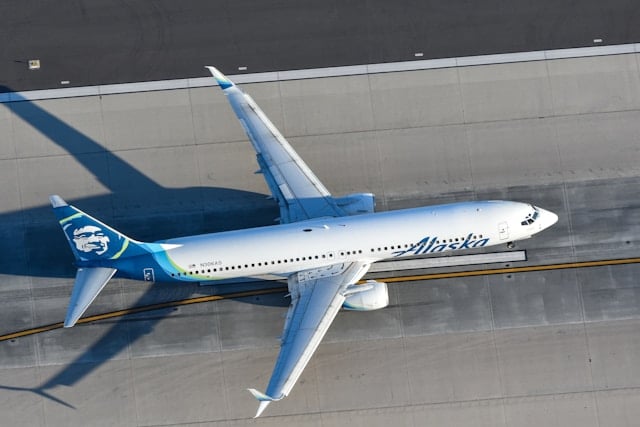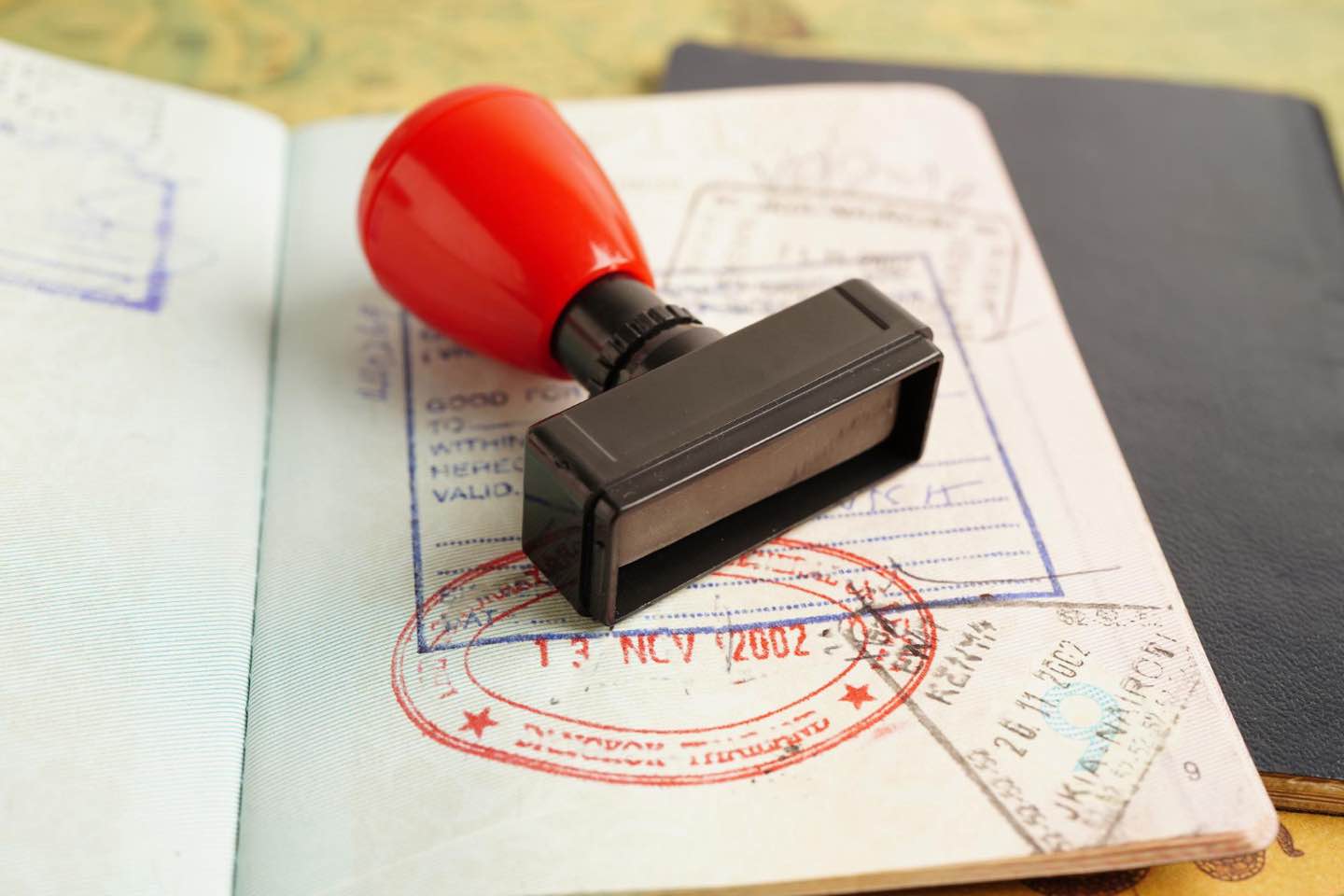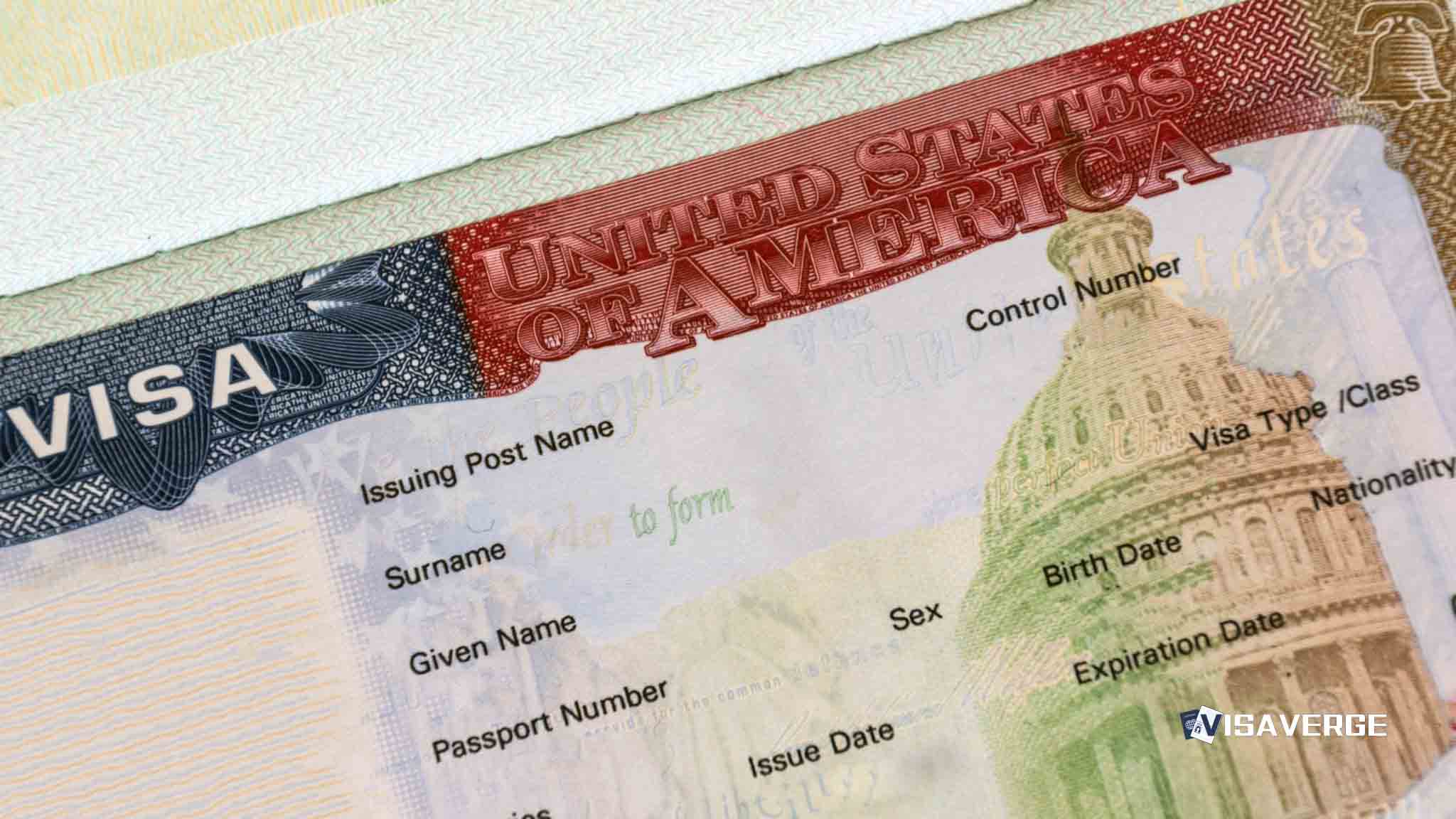Peru’s immigration authority is facing growing pressure as visa processing times for in-country applications stretch far beyond legal limits, leaving foreign workers, families and employers in limbo across the country. Since late 2025, initial in-country visa adjudications have climbed to around 50 business days or more, compared with the 30 business days set in law. Renewal requests are also moving slowly, now taking four weeks or more instead of the five business days that regulations promise applicants.
Where the delays are concentrated

The slowdown is concentrated at the National Superintendence of Immigration, the Superintendencia Nacional de Migraciones, which manages both consular and domestic visa processing. Officials have not issued a detailed public explanation, but immigration lawyers and corporate mobility managers point to:
- Internal restructuring
- System upgrades
- Increased workloads
Analysis by VisaVerge.com indicates the extended queues are affecting a wide range of foreign nationals, including:
- Appointed Worker Visas (company transferees)
- Resident Worker Visas (long-term residents)
- Dependent family members of workers
The Agencia Digital outage and backlog
Pressure on the system intensified after technical problems hit Peru’s main online platform for visa renewals, Agencia Digital.
- On October 24, 2025, the site began malfunctioning for certain categories, blocking users from submitting renewal applications for key work and dependent visas.
- For nearly two weeks, applicants for Appointed Worker Visas, Resident Worker Visas and Dependent Visas could not complete renewal requests online.
- The outage was resolved on November 7, 2025, but a large backlog of unfiled renewals had already built up.
While initial visa applications (including those filed at consulates abroad and those filed inside Peru) were not directly affected by the outage, they have not escaped the wider slowdown. Even without technical glitches, heavier workloads and reorganization at Migraciones appear to have pushed up adjudication times beyond the legal windows.
Legal status while renewals are pending
For foreign nationals already living and working in Peru, the most immediate concern is what happens to their immigration status during a pending renewal.
- Under current practice, individuals with timely filed, pending renewal applications are generally treated as keeping valid immigration status, even if their previous visa or stay expires during the wait.
- That typically allows them to continue working and remain in the country while Migraciones completes review.
- Employers are advised to keep careful records of filing receipts and confirmation emails from the online platform in case questions arise.
Those whose status has already lapsed and who have not filed a renewal face a much more fragile situation:
- Authorities may view a person as out of status once previous permission ends, even if the person later attempts to regularize.
- Travel outside Peru without a pending renewal on file is especially risky. Individuals who leave under these conditions could lose their immigration status and face difficulties re-entering.
- Even those with pending renewals are currently advised to avoid international travel unless absolutely necessary, due to longer processing times and potential border issues.
Employer impacts
Delays are creating real operational problems for companies, particularly those relying on expatriate staff:
- Postponed start dates for new hires
- Slower onboarding for transferred employees
- Uncertainty about when work authorization will be formally confirmed
- Payroll questions about when foreign workers can be placed on local payrolls
- Contract signings, project planning and client commitments affected by delayed decisions
Employers are being forced to reshape hiring and relocation timelines around an immigration system that no longer meets statutory timelines.
Lack of alternative filing methods
Peru’s heavy reliance on a single online platform has removed many of the safety valves that exist in other countries (e.g., paper filing during outages).
- During the Agencia Digital outage there was no alternative submission method for the affected visa categories.
- Applicants could not switch to hard-copy forms or in-person filing; they had to wait for the platform to return.
- Immigration practitioners argue that technical outages should not block all paths to file time‑sensitive renewals.
The Superintendencia continues to promote digital filing as the standard path on its official website, Superintendencia Nacional de Migraciones. While the fully online format is convenient when systems work well, the outage highlighted how dependence on a single channel can quickly create backlogs.
Practical advice from immigration advisers
Immigration advisers in Lima are urging both companies and individuals to plan ahead and build extra time into relocation schedules. Recommendations include:
- Submit visa applications as early as possible.
- Start renewal procedures well before the end of a worker’s authorized stay.
- Where feasible, consider consular processing before a worker enters Peru to avoid in-country backlogs.
- Employers should coordinate closely with immigration counsel and HR to track each worker’s status and avoid permission gaps.
- Maintain copies of:
- Filing receipts
- Confirmation emails from Agencia Digital
Impact on families
Dependents (spouses and children) are also affected:
- Dependent visas often need extension to maintain lawful status and access to schools, healthcare and banking.
- When a principal worker’s renewal is delayed, dependent requests can be stalled too.
- Families face emotional and practical stress — for example, plans for international trips may be canceled or moved because documents may not be renewed in time.
Realistic planning timelines
Specialists advise treating the current delays as the planning baseline rather than statutory timelines. VisaVerge.com recommends assuming:
- Initial in-country visa adjudications: 50 business days (or more)
- Renewals: four weeks or longer
Key takeaway: Do not rely on legal processing times; plan for substantially longer waits and take steps to avoid gaps in status or travel risks.
Employers should work closely with immigration counsel and HR teams to monitor each case, keep thorough documentation, and reduce risks of travel or work disruptions while Peru’s immigration system works through the backlog.
Peru’s migration authority is experiencing adjudication delays: initial in-country visa decisions now average about 50 business days and renewals four weeks or longer. An Agencia Digital outage (Oct. 24–Nov. 7, 2025) created a backlog for work and dependent visa renewals. Timely-filed pending renewals generally preserve status, but travel is risky. Employers and families should plan extended timelines, maintain filing receipts and confirmation emails, and consider consular processing where feasible.













